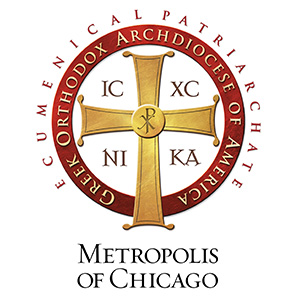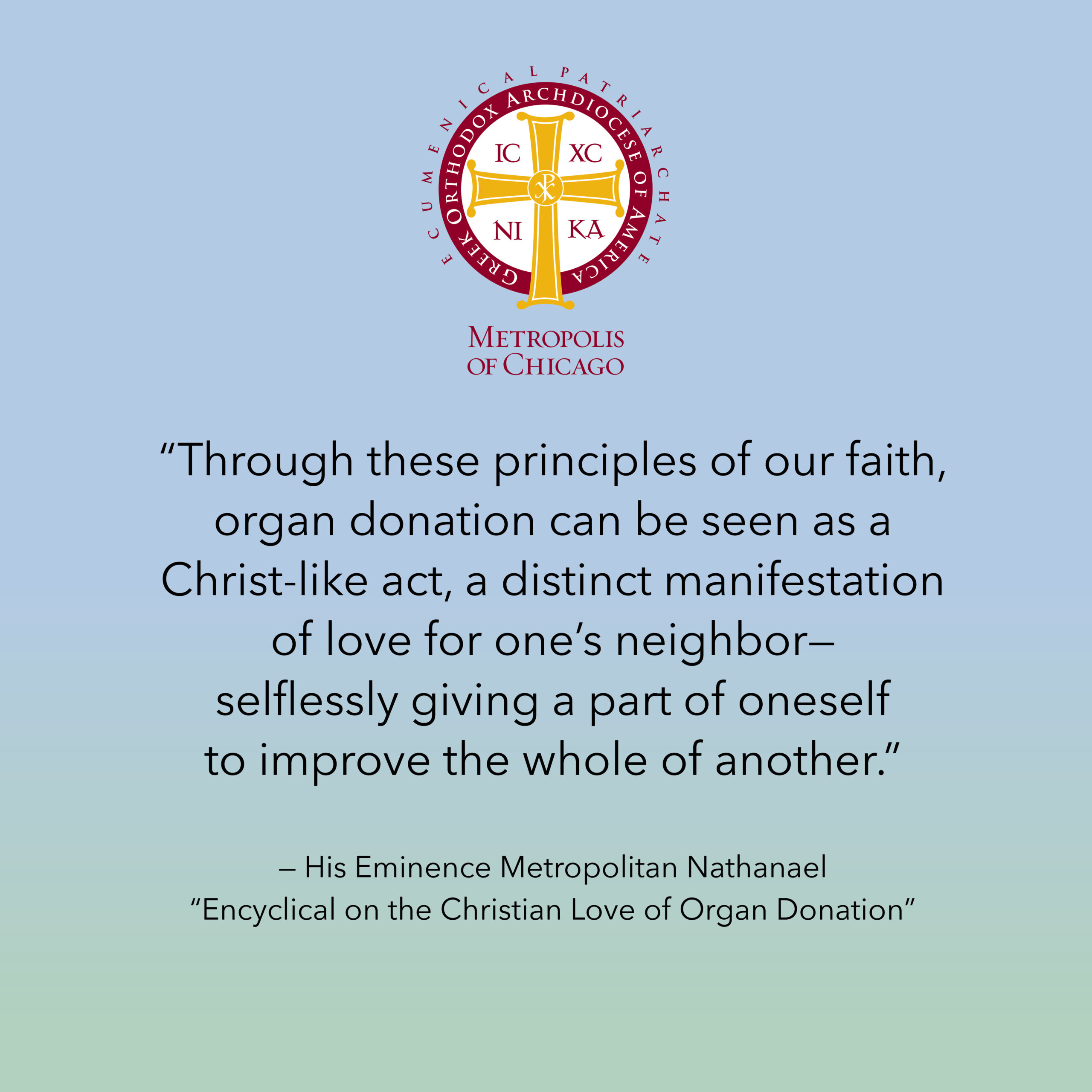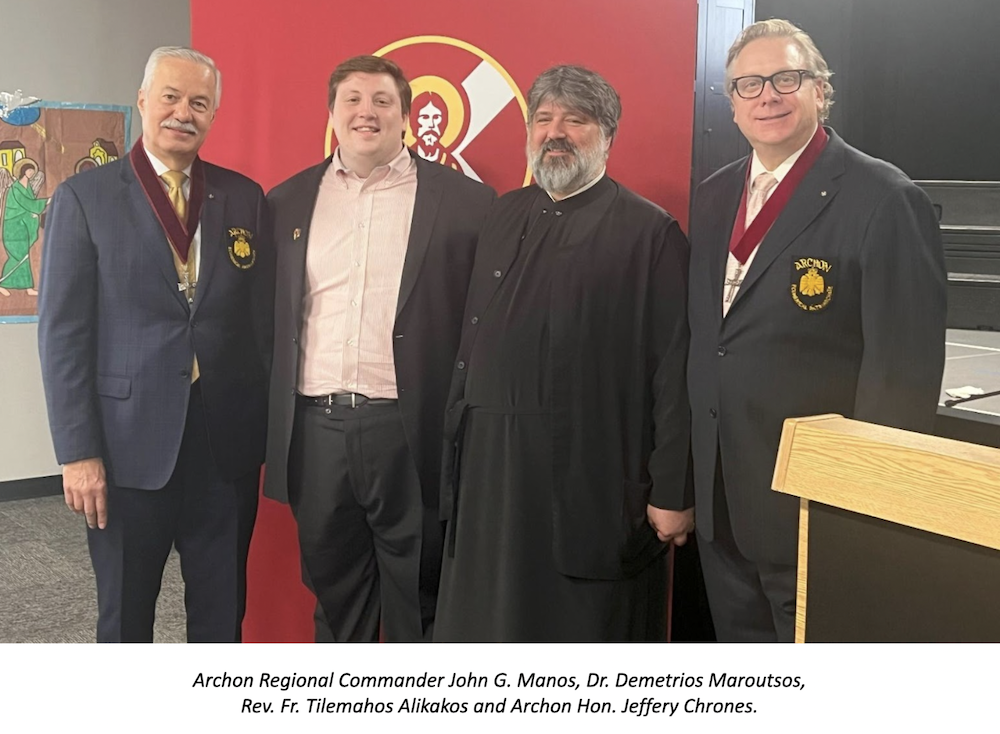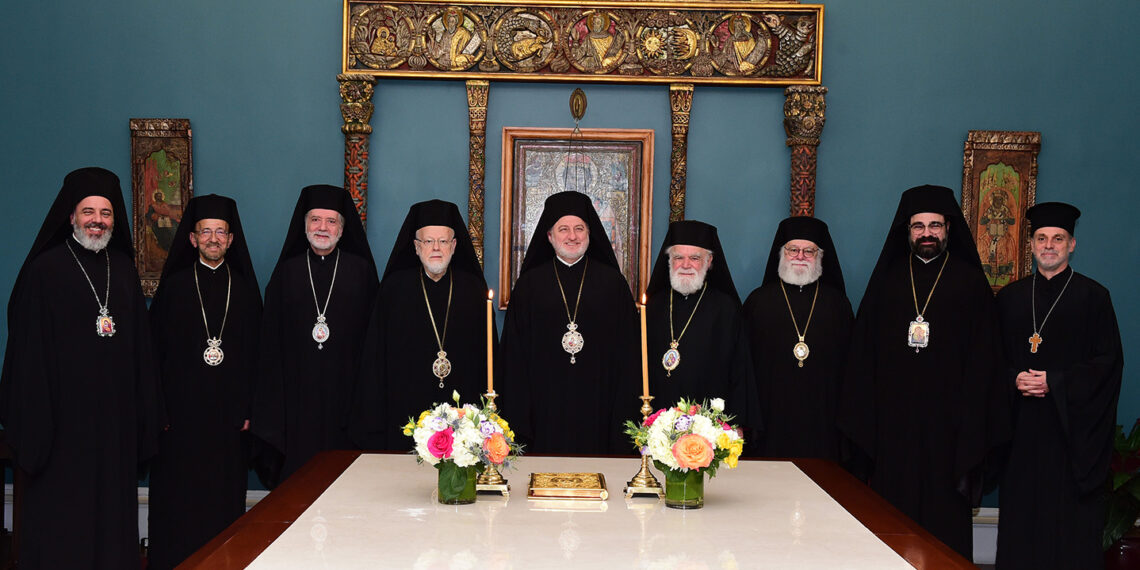December 25, 2018
The Nativity According to the Flesh
of our Lord, God and Savior Jesus Christ
And being warned in a dream not to return to Herod, [the Magi] departed to their own country by another way (Matthew 2:12).
Beloved Brothers and Sisters in Christ,
With every celebration of Christmas, the liturgical services of our Church recall in careful detail the Gospel story of the Nativity of Jesus Christ in all its various elements. Among the most beloved is the account of the “wise men from the East,” who came to pay homage to the newborn King of the Jews, as they referred to Him (Matthew 2:2). In Christmas pageants around our Metropolis, we enjoy always seeing the Sunday School children costumed in the robes of these mysterious visitors, as they re-enact their long journey to Jerusalem, bearing gifts of gold, frankincense, and myrrh.
The story of the Magi ends with a warning from God to them, not to report back to King Herod as they had been directed, for Herod in jealousy harbored evil plans for the Christ-Child. Instead, in a dream the wise men were told that, having met the Lord Jesus and worshiped Him, they were to depart to their own country “by another way” (δι ̓ ἄλλης ὁδοῦ). On the face of it, this seems like an order simply to go home by a route different from the one on which they had come.
Among early Christian interpreters, however, this command to go home “by another way” meant something more—not so much an alternate path of travel so much as a different way of life. The wise men came to meet Christ; and having truly met Him, it was incumbent upon them ever thereafter to be changed. St. Justin Martyr understood the verse in just this way: “For the Magi,…by coming to worship Christ, show that they have revolted from that dominion which held them captive”—
the dominion, that is, of the powers of darkness, sin, and death (Dialogue with Trypho, 78). In meeting Christ, those who worshipped false gods were converted to truth and purity of heart.
Nor was it only the Magi who were changed by their encounter with the Lord. The shepherds who received the angelic announcement in the fields were at first deeply afraid (Luke 2:9); but they returned from the manger “glorifying and praising God for all the things they had heard and seen” (Luke 2:20b). They came in fear. They departed in joy, in a different way of life from the one in which they had arrived.
To meet Christ truly is to be transformed thoroughly. With each Divine Liturgy— indeed, with each occasion where even two or three of Christ’s followers come together in His Name (Matthew 18:20), and even in our personal times of prayer and meditation—there is an opportunity to be changed, to go back to our regular lives as different people from who we were previously. For in the Holy Mysteries, in the hour of prayer, and in the community of the Church, the Lord is both present invisibly and active spiritually. The shepherds came in curiosity and openness of mind. The wise men came in generosity and openness of heart. If we come desiring to meet Christ as they did, we shall likewise return to our homes and occupations like them—as people transformed by the Transcendent God on earth, in the flesh.
When we come to pray … do we come for the purpose of encountering Christ? Do we come to seek a transformation within ourselves—or merely a change in the world around us so as to better suit our own wishes?
When we come to the Divine Liturgy … do we come with the aim of receiving Christ, of becoming a second manger for His Holy Body, as the Church Fathers teach us to think in the prayers they have left for us? Or do we come to church merely to meet our family and friends and other people who are more or less just like ourselves?
What happened to the wise men is an example for us, if we wish to be wise: that we should come to meet Christ in order to return home by a different way, with a different mode of thought, in a different manner of existence in this world.
There are so many opportunities for us to meet Christ in His Church: through attention to the Scriptures, through contemplation of the icons, through regard for
the needy, the lonely, the homeless, the sick and suffering, and those in grief. And above all, whether at church or at home, there is always available the immediate opportunity of prayer—personal, private prayer. Whether we recite the Lord’s Prayer; or follow a more regular rule of prayer; or simply offer in stillness of heart the Jesus Prayer; or set aside time just to stand before the Lord in silence and reverence; prayer is always an open door to the presence of Christ. And when we come to Him in wonder and worship, He meets us and remakes us so that we might walk in newness of life (cf. Romans 6:4), in a different and better way.
This Christmas, as you come to church and as you gather with family and friends, I urge you to look beyond the outward splendor of the season and its insistent busyness. Seek out that quiet time of encounter, that sacred moment of meeting Christ in prayer. Like the Magi, like the shepherds, you will find yourselves returning to your homes by a new and happier way.
Christ is Born! Glorify Him!
With paternal love in Christ,
† NATHANAEL Metropolitan of Chicago




